News
-
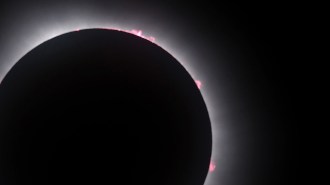 Space
SpaceThe 2024 eclipse gave a rare view of the sun. Here’s a peek at early data
Teams are starting to analyze data from the total solar eclipse to learn more about the sun’s corona, gravity waves and changes in Earth’s ionosphere.
-
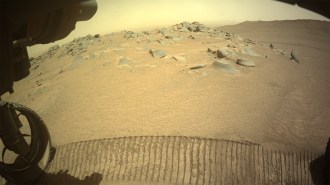 Planetary Science
Planetary ScienceNASA’s Perseverance rover found a new potential setting for Martian life
Now atop Jezero Crater, the robotic explorer found quartz indicative of habitable environments and possibly the oldest rocks yet seen in the solar system.
By Nikk Ogasa -
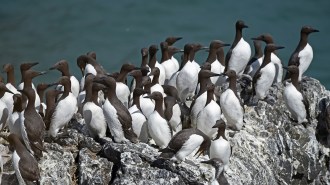 Life
LifeThe ‘Blob,’ an unprecedented marine heat wave, killed 4 million seabirds
Millions of other animals may have perished too, suggesting the die-off event might be one of the worst in modern times.
By Jake Buehler -
 Genetics
GeneticsNeandertal genes in people today came from hook-ups around 47,000 years ago
Most present-day humans carry a small amount of Neandertal DNA that can be traced back to a single period of interbreeding, two genetic analyses find.
-
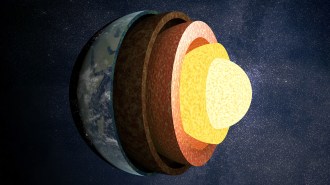 Earth
EarthEarth’s inner core may be changing shape
Earthquake data suggest that all or small patches of the inner core's surface may be swelling and contracting.
By Nikk Ogasa -
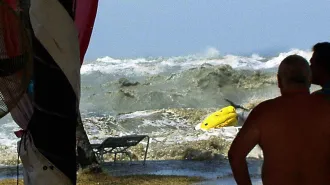 Earth
EarthThe 2004 tsunami killed hundreds of thousands. Are we better prepared now?
Twenty years after the deadliest wave in recorded history, most oceans have warning systems and communities have learned how best to escape the danger.
-
 Health & Medicine
Health & MedicineU.S. hospitals continue to shut down labor and delivery services
More than half of rural hospitals and more than one-third of urban hospitals did not offer labor and delivery services in 2022.
-
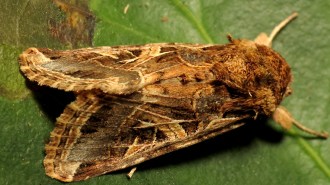 Animals
AnimalsThe screams of thirsty plants may prompt some moths to lay eggs elsewhere
Female moths may pick up on the ultrasonic wailing of distressed plants and opt to lay their eggs on different, healthier plants.
By Jake Buehler -
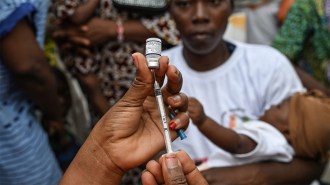 Health & Medicine
Health & MedicineSome countries have eliminated malaria, but cases are growing elsewhere
Egypt was added to the list of malaria-free places in 2024, but climate change, conflict and other threats could increase cases especially in Africa.
-
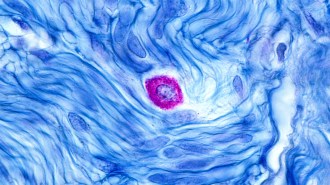 Health & Medicine
Health & MedicineDuring an allergic response, some immune cells digest others
Mast cells lure and trap other immune cells during allergic reactions, using their compounds to increase inflammation in a process dubbed nexocytosis
-
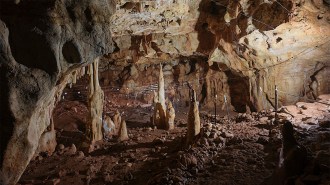 Archaeology
ArchaeologyThe oldest known ritual chamber in the Middle East has been found
Engravings and other evidence suggest ancient humans attended religious ceremonies in the cave as early as 37,000 years ago.
By Bruce Bower -
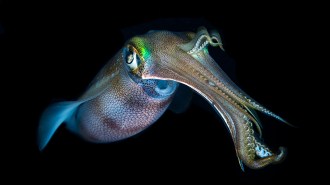 Health & Medicine
Health & MedicineA squid-inspired medical device could reduce the need for needles
The device, which directs a liquid by mimicking squids’ high-pressure jets, could provide alternative delivery methods for injectable drugs.